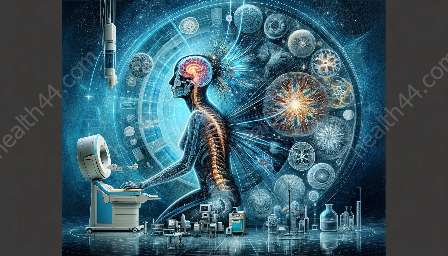Magnetic Resonance Imaging (MRI) has revolutionized our ability to study the intricacies of the human brain, paving the way for groundbreaking insights into psychiatric and neurobehavioral disorders.
Understanding the Basics of MRI
MRI uses powerful magnets and radio waves to create detailed images of the internal structures of the body. In the context of psychiatric and neurobehavioral research, MRI allows researchers to visualize the brain at unprecedented levels of detail, enabling them to study the structural and functional changes associated with mental health conditions.
Applications in Psychiatry and Neurobehavioral Research
Psychiatric and neurobehavioral MRI has myriad applications, from investigating the neural correlates of mental illnesses such as depression, anxiety, and schizophrenia to exploring the impact of neurological conditions on behavior and cognition. By utilizing advanced MRI techniques, researchers can investigate the underlying neurobiological mechanisms of these conditions, potentially leading to more effective diagnostic tools and treatment strategies.
Advancements in Radiology and MRI Technology
The integration of MRI technology in radiology has greatly enhanced our ability to diagnose and understand psychiatric and neurobehavioral disorders. Cutting-edge developments such as functional MRI (fMRI) and diffusion tensor imaging (DTI) provide us with a window into the working brain, offering insights into brain connectivity, activity patterns, and structural integrity in individuals with psychiatric and neurobehavioral conditions.
Challenges and Future Directions
Despite the tremendous progress in psychiatric and neurobehavioral MRI, challenges persist, including the need for larger sample sizes, improved standardization of imaging protocols, and the development of sophisticated computational tools for data analysis. However, the future of psychiatric and neurobehavioral MRI is bright, with ongoing research aimed at refining imaging techniques, identifying biomarkers, and unraveling the complexities of brain function and mental health.


